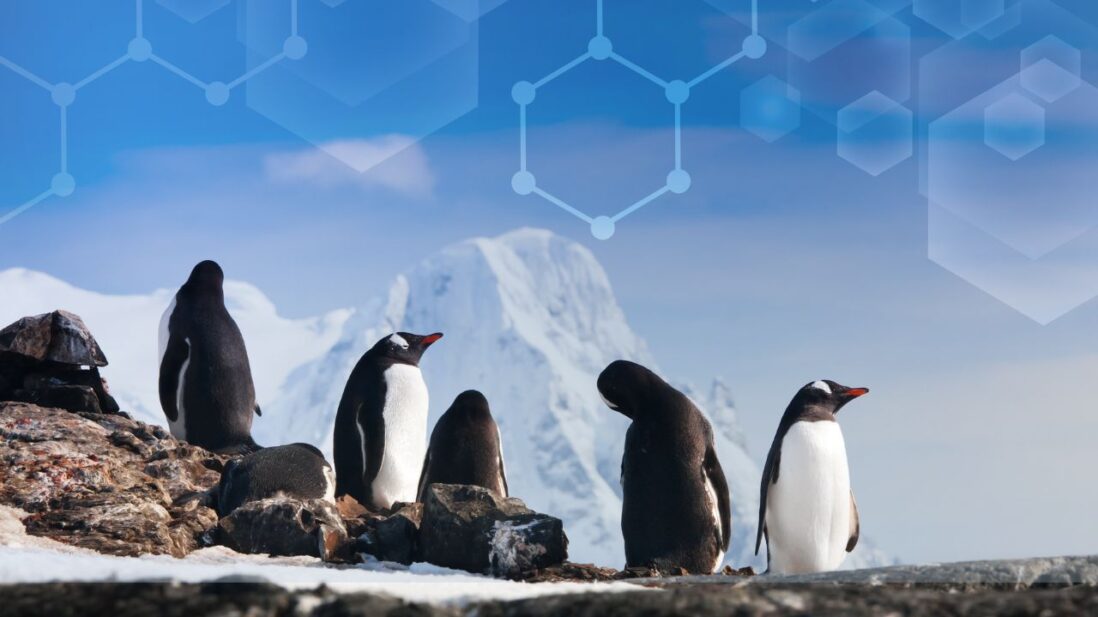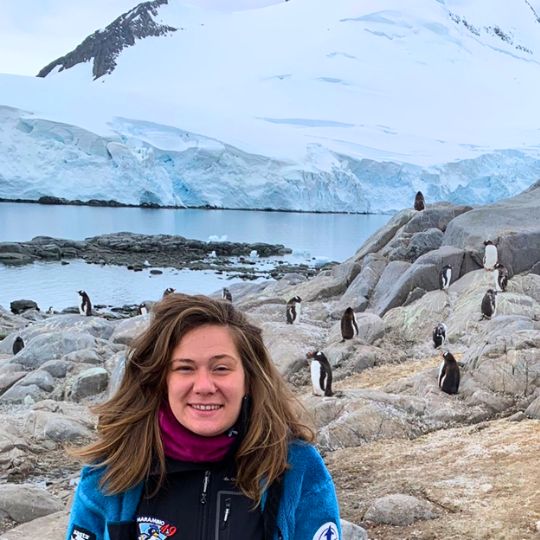Spread across millions of square kilometers and almost devoid of human activity, the Arctic and Antarctic combine extreme isolation, harsh climatic conditions, and unmatched atmospheric archives. These regions—where climate warming is occurring two to four times faster than elsewhere—serve as key laboratories for today’s environmental upheavals.
But conducting research in the polar regions means overcoming major challenges: isolation, technical and medical self-sufficiency, blizzards, costly logistics, and temperatures that can drop to –40°C. These obstacles have shaped a model of international scientific cooperation, with each expedition contributing to a vast, shared global laboratory.
On May 20 at the French Institute of Finland, three researchers from the Institute for Atmospheric and Earth System Research (INAR – University of Helsinki) will share their day-to-day experiences in the polar regions. They’ll also discuss their research, from seasonal pollution in the Arctic to the unexpected role of penguin colonies in cloud formation, and the impact of mineral dust on albedo.
Admission is free with reservation. The event will be held in French and English.
Join us for a scientific journey to the ends of the Earth—and leave with one clear message: protecting the poles means protecting our shared climate.



